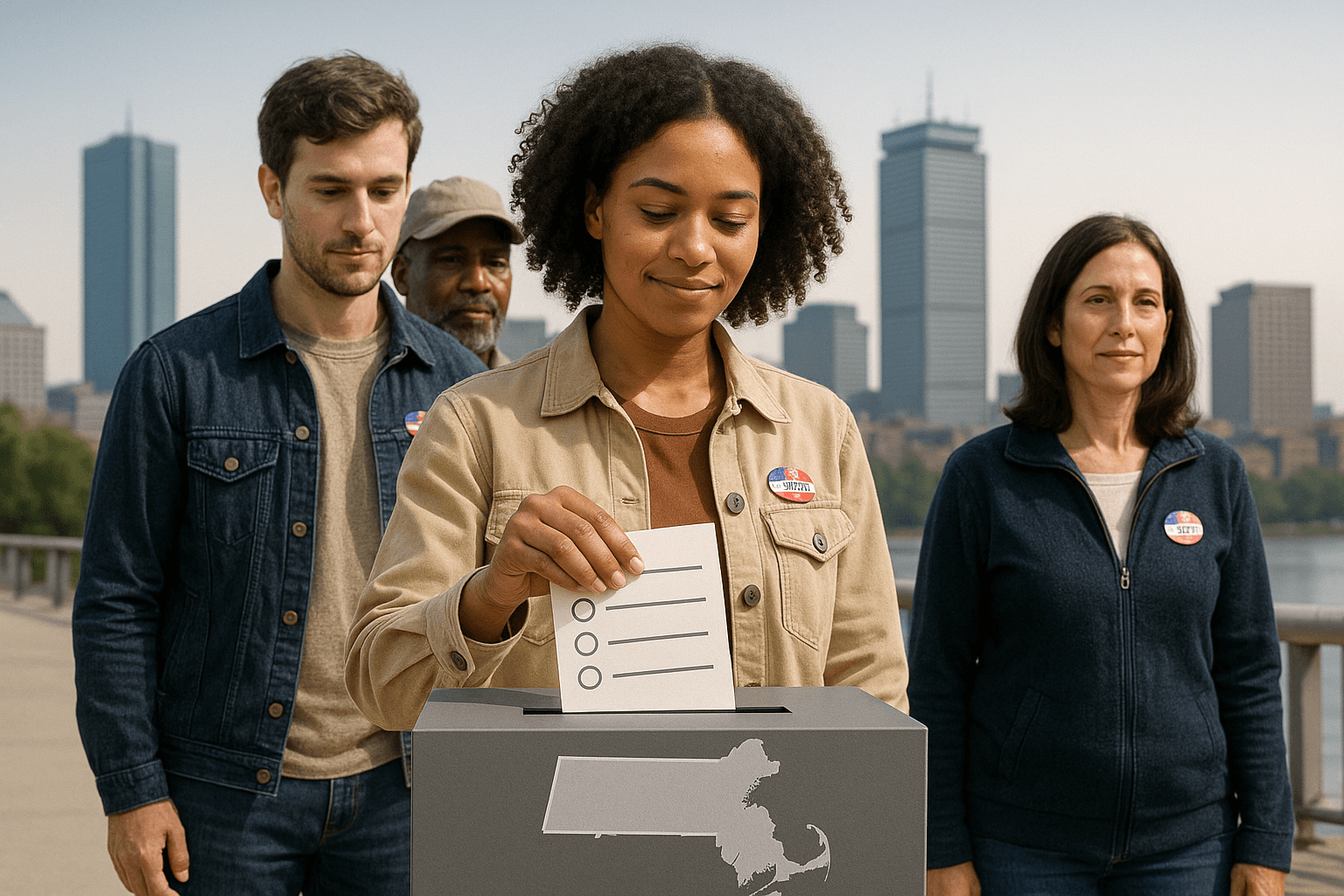How Gun Policy in the US Differs from France, Other Countries

In the aftermath of the Newtown shooting, every newspaper has been highlighting the differences between the United States and the rest of the world in terms of mass shootings or the number of gun related deaths. However, numbers alone do not really explain why France and other European countries have chosen a gun-free path. Gun regulations in France are a result of some historical instances in which gun policy change seemed necessary to the French government.
From the French point of view, this shooting is just another example of the United States' gun addiction. This perception began, and was perpetuated, after the documentary Bowling From Columbine was praised at the Festival de Cannes, the equivalent of the French Oscars, in 2002. In France, the only reasonable answer to gun violence is to ban the weapons all together. Moreover, there is a generalized lack of understanding as to why gun reforms are not promoted in the United States.
After spending a year in the United States, I have become accustomed to the American attachment to the constitution, especially the Second Amendment. The bottom line seems to be that in France you are raised to believe that guns are bad in the same way that in America guns are a normalized part of life.
How did two countries, the modern births of which share many commonalities, grow so far apart in some ideological aspects? As in the United States, during the time of the French Revolution, the right to bear arms was also consecrated in revolutionary laws and remained an important right for citizens throughout the 19th century.
France, however, underwent a major shift in its regulation of weapons in 1939. The French government worried that tough living conditions during the upcoming war with Germany could lead to revolts and unrest similar to those experienced by Germany and Russia during World War I. The government thus passed a law that would ban most guns. Moreover, when the Germans invaded France in 1940, another decree required every Frenchman to hand over his weapons.
This ban, justified by historical reasons, remained enforced after the war and has been the backbone of French firearm regulation ever since. In today's legislation, the only weapons easy to purchase are hunting rifles, which has remained a French pastime.
The purchase of any type of military and civil firearm is only permitted in shooting sports for which a license is required. To obtain the licence, a year long process is required, including a 6 month membership at a shooting club and background check by the police. This license needs to be renewed every three years.
Thus, for the last 73 years, weapons, except hunting rifles, have been ban for most Frenchmen. Promoting a gun-free environment has become the country's answer to preventing mass shootings. France, like many other countries around the world, have shifted away from the gun culture for specific historical reasons. The United States has not yet had such a profound historical moment. Will the Newtown shooting be the start of a change?




